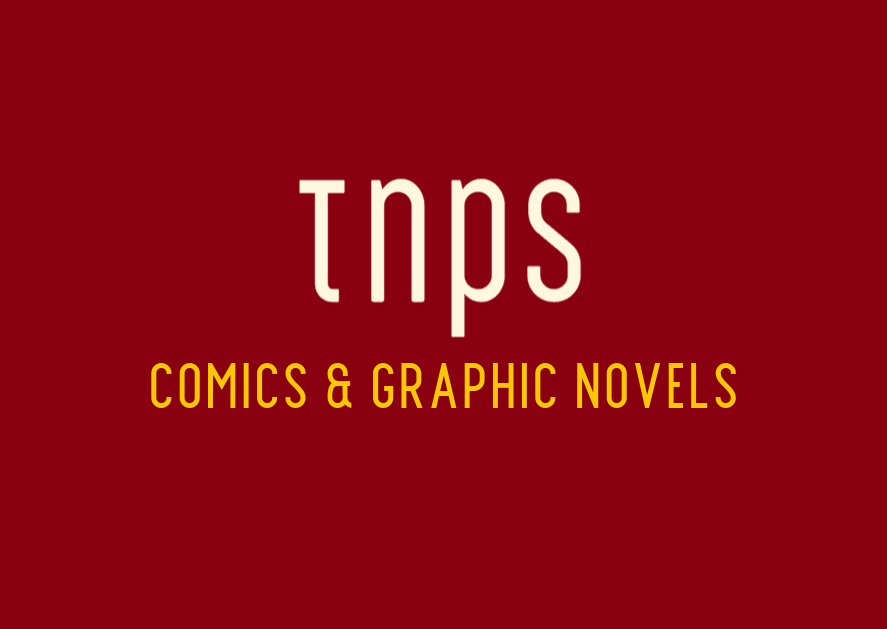With audiences more discerning (and older film-goers like me wedded to C20 characters that Marvel and DC have lately walked away from) and competition fiercer than ever, success is far from guaranteed.
With the release of James Gunn’s Superman in July, DC Studios is launching a bold, interconnected cinematic universe at a time when the superhero genre faces waning audience enthusiasm, and Marvel’s dominance is in clear retreat.
The stakes for Warner Bros. Discovery are enormous: Superman is not just a film, but the lynchpin of a 10-year plan to revitalise DC’s intellectual property and secure the company’s future amid heavy post-merger debt.
A Make-or-Break Moment
Superman – with a $225 million budget – must gross at least $700 million globally to be deemed a true success, both financially and in the eyes of industry watchers. The film’s performance will determine whether Gunn and co-CEO Peter Safran’s vision for a cohesive DC Universe can move forward, or whether the studio will revert to the piecemeal, risk-averse strategies that have lately plagued previous DC efforts.
Early signs are promising: the trailer has set viewership records, and the marketing campaign is in full swing, but the real test is whether today’s audiences will connect with a reimagined Superman for a new generation.
Implications for Book and Comic Publishing
The fortunes of superhero films have always been closely tied to the health of their source material. When Marvel’s cinematic universe was at its peak, comic sales and related publishing soared, with new readers drawn in by film tie-ins, graphic novel reprints, and merchandise.
The recent downturn in Marvel’s box office fortunes has been mirrored by a cooling in comic and graphic novel sales, especially among younger, film-driven audiences.
For DC, a successful Superman could reverse this trend, driving renewed interest in classic and contemporary comics, boosting sales of graphic novels, and encouraging publishers to invest in new stories and formats.
The film draws inspiration from acclaimed works like All-Star Superman, potentially creating a halo effect for backlist titles and special editions.
Conversely, if the film underperforms, it could deepen the malaise in superhero publishing, making retailers and publishers more cautious about investing in new projects.
The View From The Beach
Marvel will be watching with keen interest to see if Superman still has what it takes. And if it has, can they bottle the secret sauce and revitalise Marvel’s own universe?
The outcome of DC’s cinematic reboot will ripple far beyond the box office. A revitalised DC Universe could reinvigorate comics and book publishing, spark new adaptations, and restore confidence in the superhero genre.
But with audiences more discerning (and older film-goers like me wedded to C20 characters that Marvel and DC have lately walked away from) and competition fiercer than ever, success is far from guaranteed. The next chapter for both comics and their cinematic cousins will be written by how well DC’s new vision resonates with a changing world.
This post first appeared in the TNPS LinkedIn newsfeed.





